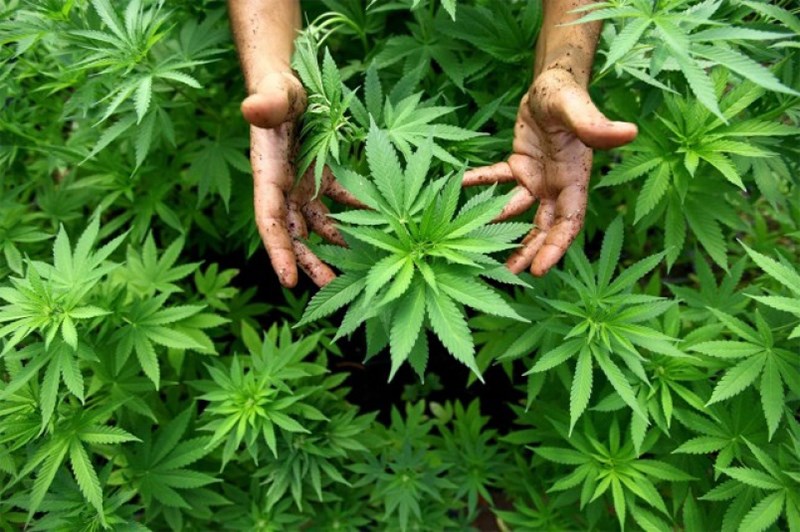The first licensed recreational marijuana retail stores could be open as soon as late summer but the provincial government won’t force municipal governments to accept them in their cities.
Monday, Mike Farnworth, minister of public safety and solicitor general and the MLA for Port Coquitlam, announced that the Liquor Distribution Branch (LDB) will have its first stand-alone pot store by late summer and the first private retail operations could likely open around the same time.
Meanwhile, an online outlet for selling non-medical cannabis is being developed by the LDB, which will be in charge of wholesale distribution of marijuana, as it is for liquor.
Farnworth said the province is acting as quickly as possible to deal with the new regulatory landscape for non-medical cannabis by July 1 but many details still need to be worked out, such as price, "seed-to-sale" tracking and packaging.
As well, Farnworth said, the federal government is still working on a regulatory regime for cannabis edibles while the law to crack down on drug-impaired driving is still before the Senate.
“We will need time to implement the federal governments regulations, set rules and adjust,” he said during a teleconference with B.C. media.
Farnworth also assured cities they won’t be forced to take pot shops, noting that Richmond has already declined.
“Municipalities will have the authority to make local decision based on the needs in their communities," he said. "What what works in Vancouver will not necessarily work in Nelson, Cranbrook or Port Coquitlam.”
Under the new rules, marijuana can be consumed in public spaces as long as those spaces aren’t frequented by children — places such as parks, playgrounds and beaches — and cities can add their own rules.
“The smoking aspect is actually declining," he said. "More people are using oils. Vaping and edibles are going to be an important way in which people use cannabis in public."
“I expect there is going to be considerable public interest but, at the same time, it’s one of those things that people have to know what they’re doing in order to be success." — Mike Farnworth, Port Coquitlam MLA
Only people over the age of 19 can possess pot — up to 30 grams of dried or the equivalent in oils — but when transported in a vehicle, it has to be in a sealed package or out of the reach of occupants.
Farnworth expressed concern about the ability of law enforcement to police marijuana use because Bill C46 to deal with drug-impaired driving is still before the Senate and police need equipment and time to train.
But B.C. will have its own rules in place. Anyone caught driving while drug-impaired could face a 90-day driving ban, although details are slim on what method or technology would be used to determine whether someone is drug-impaired.
Similar to alcohol, there will be zero-tolerance restrictions for the presence of THC, the active drug in marijuana, for drivers in the graduated licensing program.
STRATAS HAVE A SAY
B.C. will also allow up to four plants to be grown per household, as proposed under federal regulations, as long as those plants can’t been seen by the public. But landlords and strata councils will still be able to regulate where pot can be smoked and will also be able to restrict or prohibit home cultivation, he said.
As for entrepreneurs interested into getting into the retail business, it won’t be a slam dunk, said Farnworth, although they will be able to apply on line for pre-registration as early as this spring.
Applicants will face tough scrutiny by the Liquor Control and Licensing Branch to ensure that “organized crime and the criminal element is kept out,” Farnworth said, and will be monitored to make sure they don’t sell to anyone under age or purchase products from any agency other than the Liquor Distribution Branch.
Retailers will also be limited to selling only cannabis or cannabis accessories, such as bongs or rolling papers, but not food, clothing, lottery tickets, tobacco or liquor products, and no free samples will be allowed.
“I expect there is going to be considerable public interest but, at the same time, it’s one of those things that people have to know what they’re doing in order to be successful.”



